In an innovative move, New York City unveiled a pilot program aimed at alleviating the food insecurity faced by migrant families through the distribution of debit cards. This approach, meant to replace uneaten meals with a more flexible food purchasing system, is fuelling a debate across the political spectrum.
Pilot Program Launch
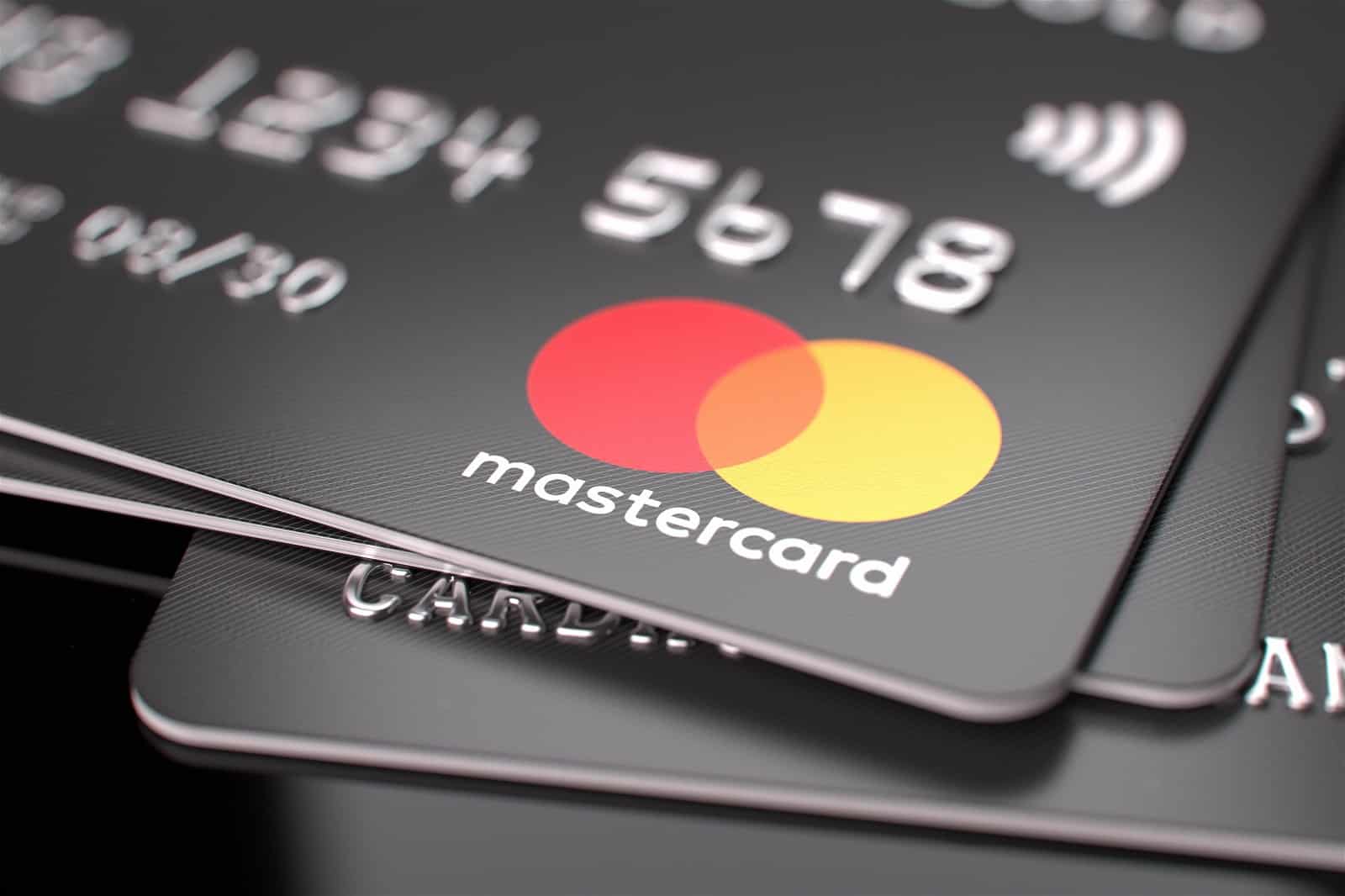
New York City’s leaders proposed a solution to the waste of thousands of uneaten meals intended for migrants: a pilot program to provide them with debit cards.
These cards would allow families to buy their own food, intending to offer a practical alternative to the current system.
Immediate Backlash

The announcement was met with swift criticism from conservative circles. They questioned the fairness and potential for misuse of providing recent migrants with debit cards, casting doubts on the program’s integrity.
Financial Scrutiny
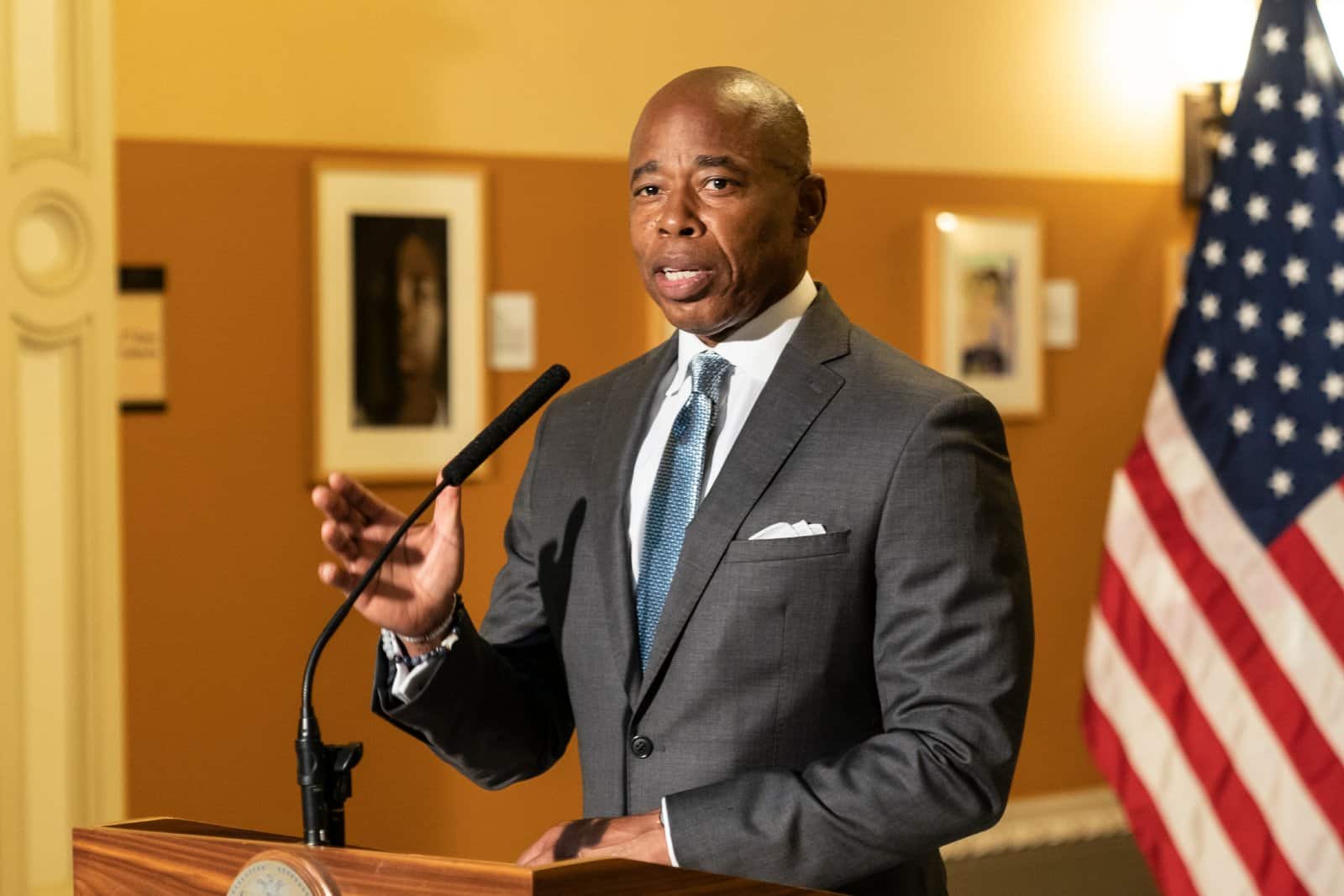
Concerns arose regarding the program’s cost and the selection process of the financial services company tasked with its management.
Mayor Eric Adams stepped in to defend the initiative, highlighting its intended benefits and oversight mechanisms.
Program Details
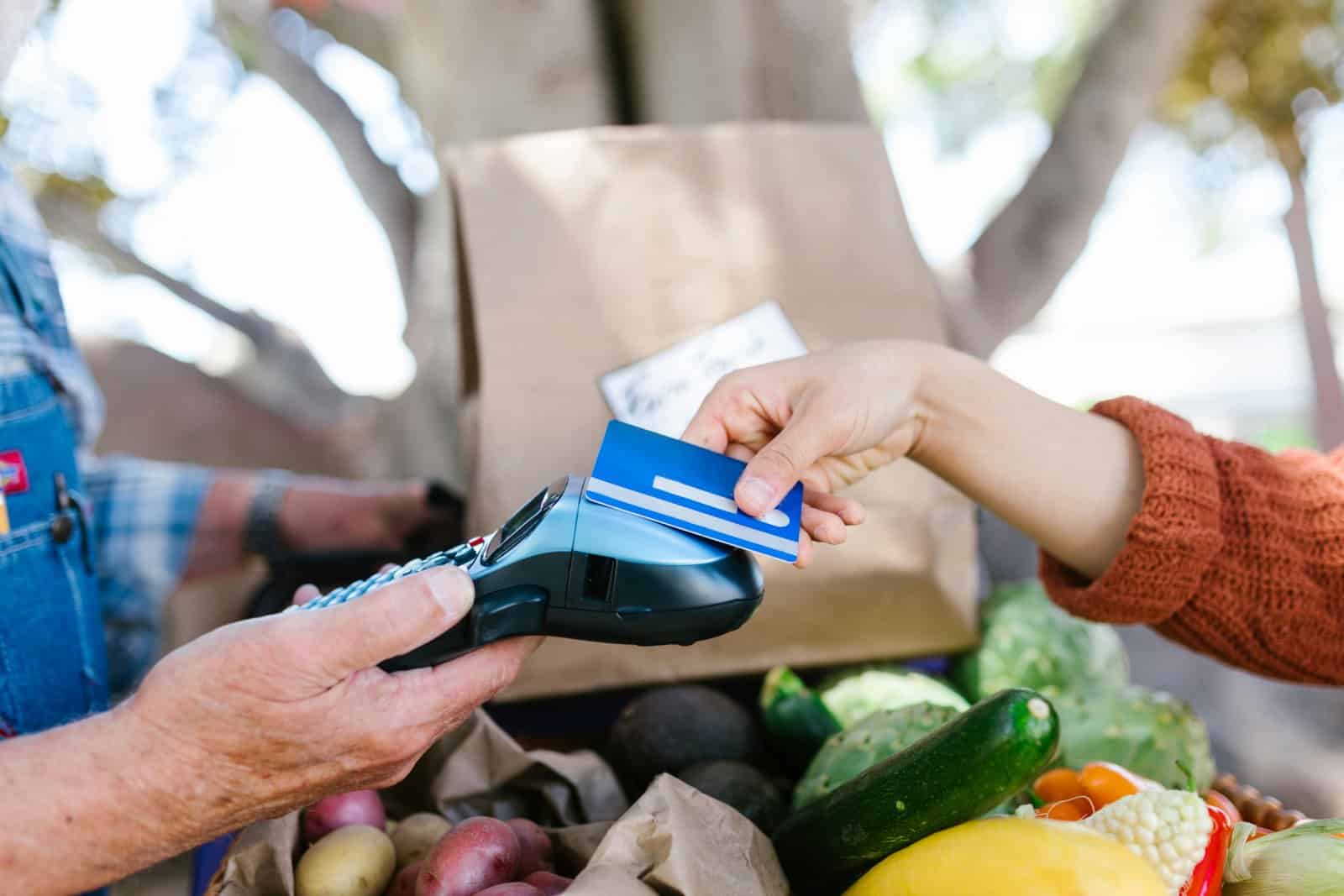
The city plans to issue prepaid debit cards to 500 migrant families, enabling them to purchase food and baby supplies.
Each card will be reloaded monthly, with allocations based on the number of family members, aiming to provide significant aid to those in need.
Funding and Expansion

Initially targeting families with a 28-day hotel voucher, the program could expand, contingent on its success.
The projected financial commitment could reach up to $53 million, with a significant portion directly supporting the migrant families.
Safety Measures

To mitigate risks of fraud and misuse, the program incorporates strict spending limits and usage guidelines.
These measures aim to ensure the cards serve their intended purpose without exposing the city to undue financial risk.
Public Reaction

The initiative has become a focal point for national debate, with critics labeling it as misguided.
Misrepresentations in media coverage further fueled skepticism despite city officials’ clarifications regarding the program’s restrictions and objectives.
Program Defense

City officials and the mayor have worked to correct misconceptions, emphasizing the program’s limitations to essential items like food and baby supplies.
This effort seeks to reassure the public about the program’s focused and responsible implementation.
Vendor Selection

The choice of Mobility Capital Finance (MoCaFi) as the program’s administrator raised eyebrows, given the company’s emergency selection and the city’s recent contracting controversies.
Mayor Adams justified the decision by aligning it with his priorities for technological innovation and support for minority-owned businesses.
Cost Savings Argument

Adams argued that the debit card program could ultimately save the city money by providing a more efficient way to address migrant needs.
This perspective suggests a strategic approach to leveraging technology for social welfare.
Company Background

MoCaFi, led by Wole Coaxum, was founded with a mission to enhance financial access for underserved communities.
The company’s experience with similar initiatives in other cities positions it as a capable partner for New York’s ambitious program.
Criticism and Support
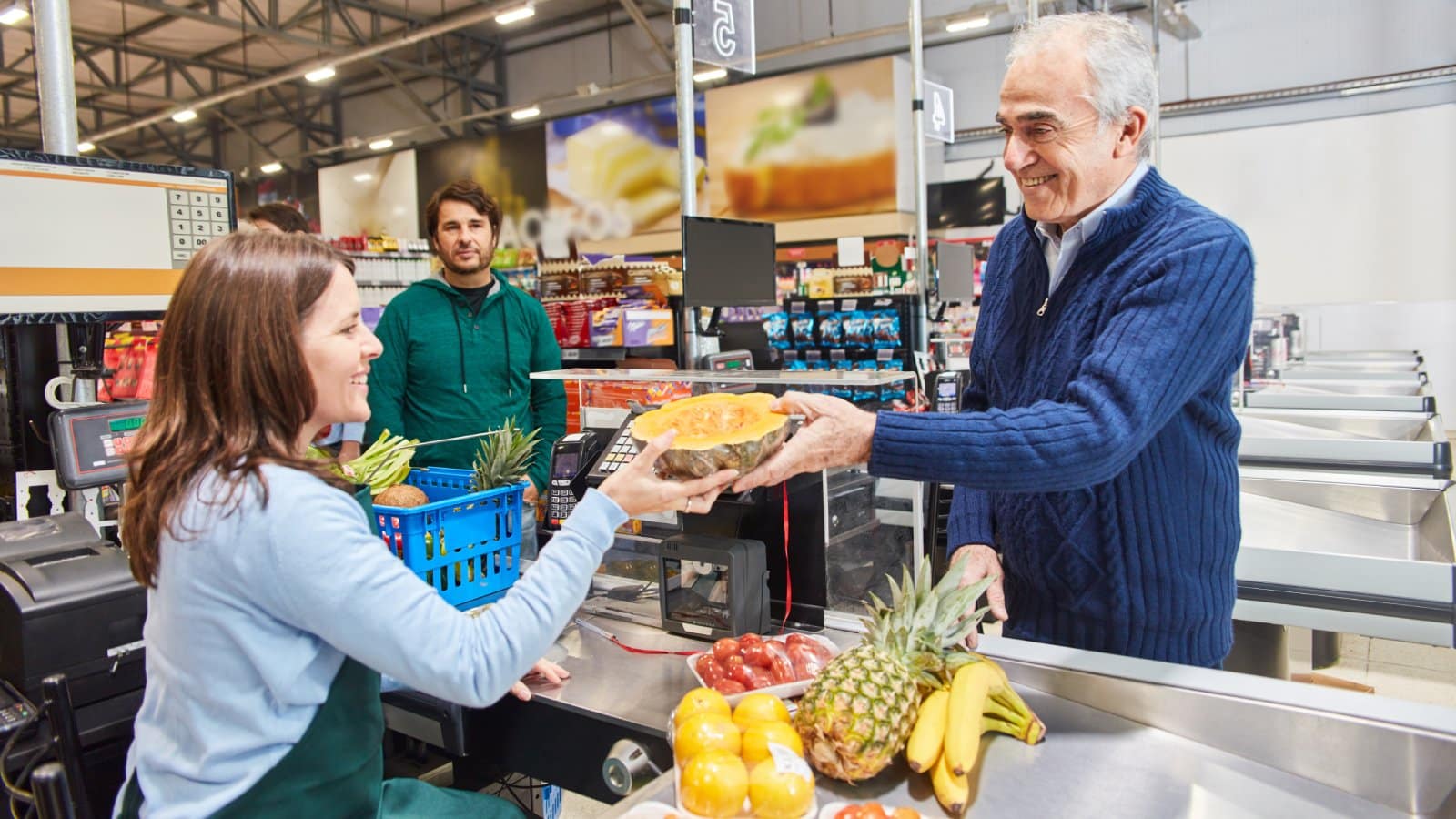
While the program has its detractors, it also finds support among those who see it as an innovative solution to a complex issue.
By providing migrants with the means to purchase food directly, the city hopes to inject flexibility and dignity into its assistance efforts.
Expected Outcomes

The success of the debit card program could serve as a model for other cities grappling with similar challenges.
It represents a tangible effort to address the immediate needs of migrant families while navigating the broader political and logistical complexities.
A Controversial but Hopeful Step Forward

Despite the controversy, New York’s migrant debit card program embodies a bold attempt to rethink how cities support their most vulnerable residents.
As the program rolls out, its outcomes will likely inform future policy decisions both within and beyond New York City.
Proving Critics Wrong

The initiative, while embroiled in debate, underscores the ongoing struggle to balance humanitarian assistance with sound decision-making and public perception.
As it unfolds, the program may yet prove its critics wrong, offering a new way to aid migrant families in a manner that respects their autonomy and needs.
23 Steep Taxes Adding to California Residents’ Burden
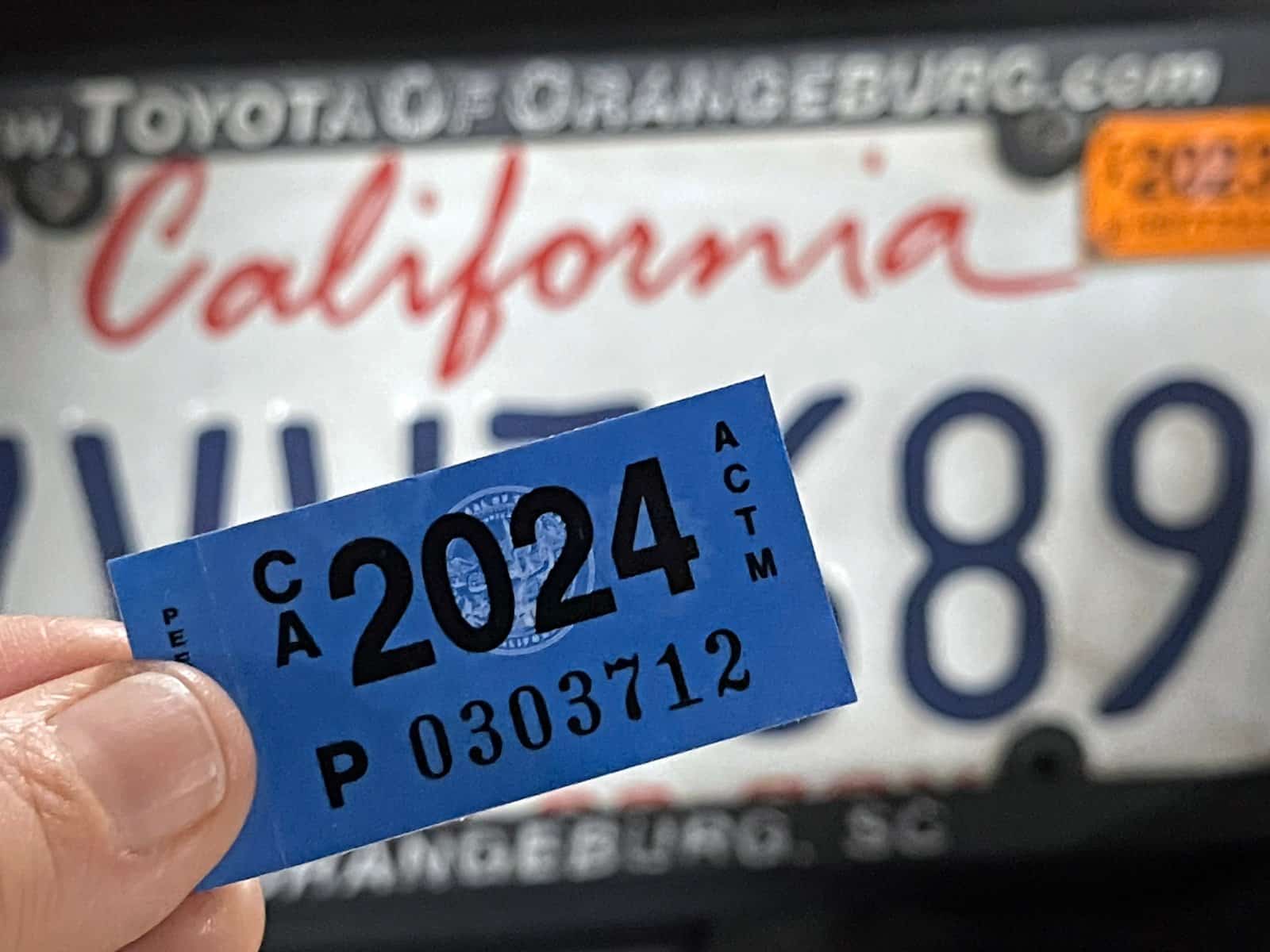
California: a place of sunshine, innovation, and, unfortunately, some of the nation’s highest taxes. From LA’s beaches to Silicon Valley’s tech hubs, residents grapple with a maze of state taxes. Here’s a glance at 23 taxes that might surprise both Californians and outsiders. 23 Steep Taxes Adding to California Residents’ Burden
Cash in on Nostalgia: 21 Toys Now Worth a Fortune

Time to dust off the boxes and find that once-cherished toy from your childhood. For collectors and enthusiasts, they items have become valued objects and they can be worth big bucks – are there any of these in your attic? Cash in on Nostalgia: 21 Toys Now Worth a Fortune
Millennials Don’t Buy These 19 Products Anymore

Millennials are changing consumer habits, quietly replacing once-staple products and traditions. Often criticized for their disruptive preferences, this generation is reshaping the marketplace with digital expertise, ethical buying, and a taste for the unconventional. Millennials Don’t Buy These 19 Products Anymore
10 Reasons Firearms Are Essential to America’s Fabric
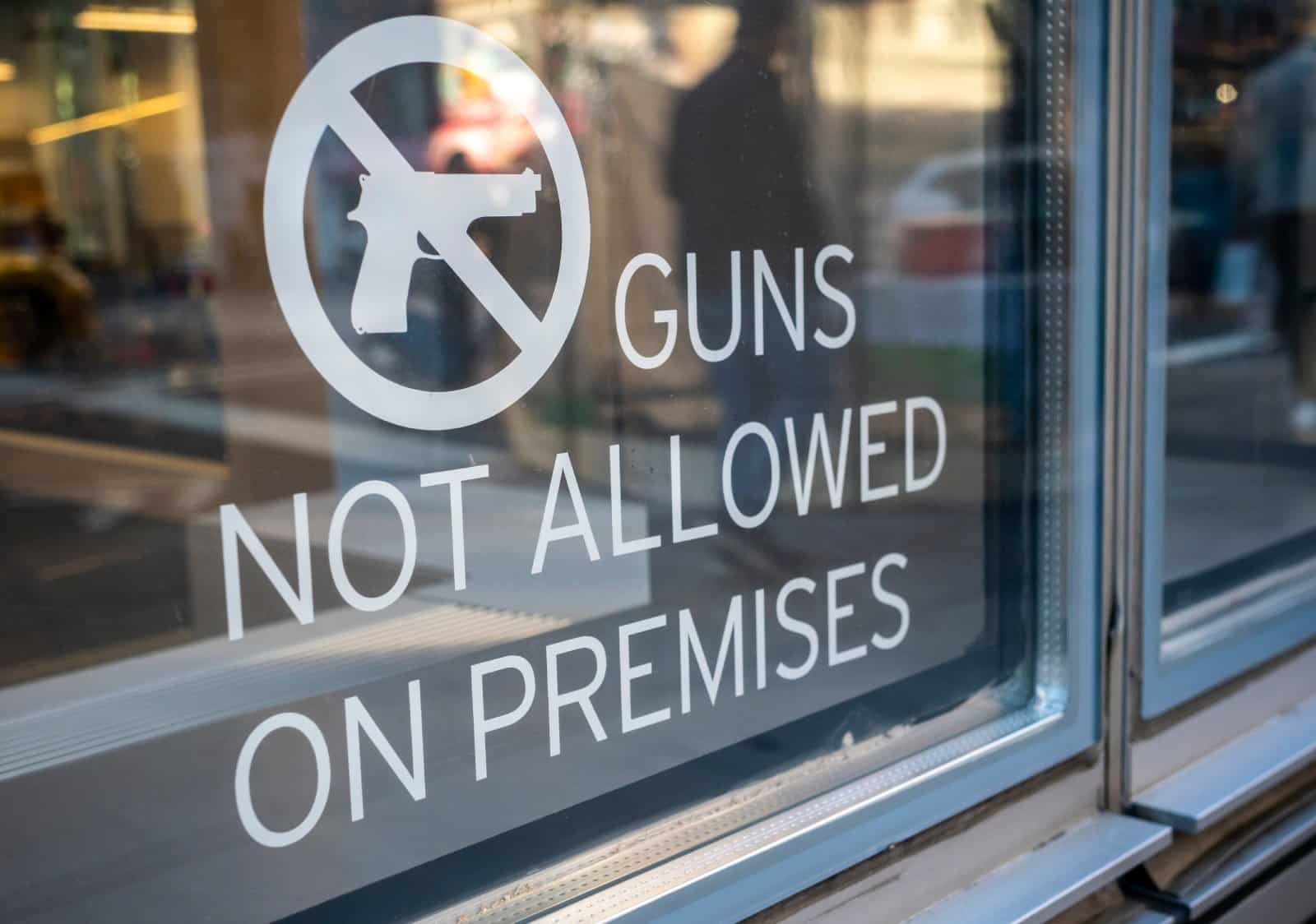
Americans’ strong attachment to guns is influenced by constitutional rights, historical context, and cultural traditions. This article explores the cultural perspective driving their unwavering support for gun ownership, revealing the key factors shaping this enduring aspect of American life. 10 Reasons Firearms Are Essential to America’s Fabric
California’s 16 New Laws Raise Red Flags for Prospective Residents

California, celebrated for its beaches, tech prowess, and diversity, is now gaining attention for its recent legislation, prompting some residents to reconsider their residency. Explore the new laws of 2024 and the controversies and migration they’re stirring. California’s 16 New Laws Raise Red Flags for Prospective Residents
The post Are Prepaid Cards NYC’s Answer to Migrant Hunger? first appeared on Thrift My Life.
Featured Image Credit: Shutterstock / AnnaStills.
The content of this article is for informational purposes only and does not constitute or replace professional financial advice.
